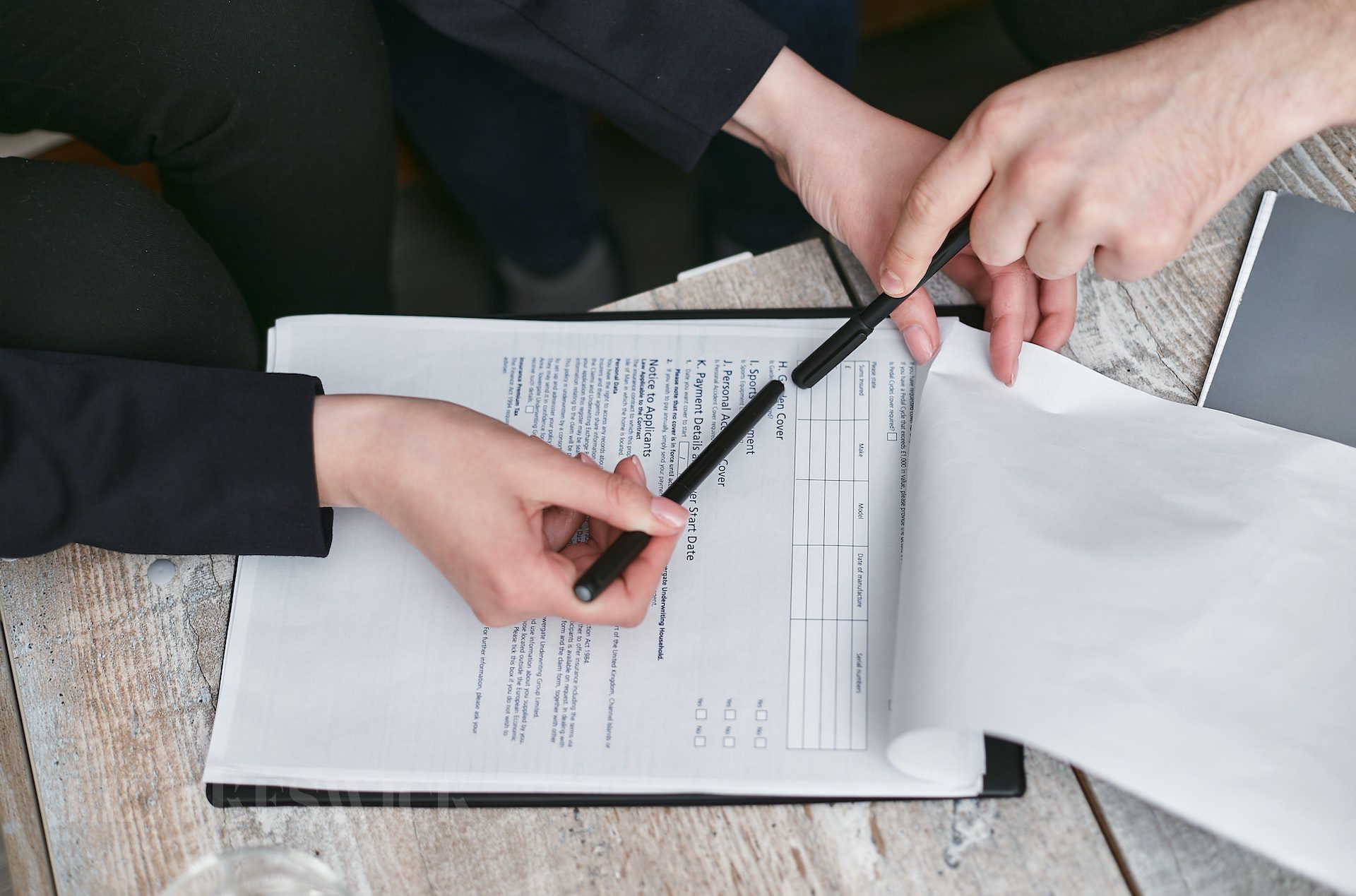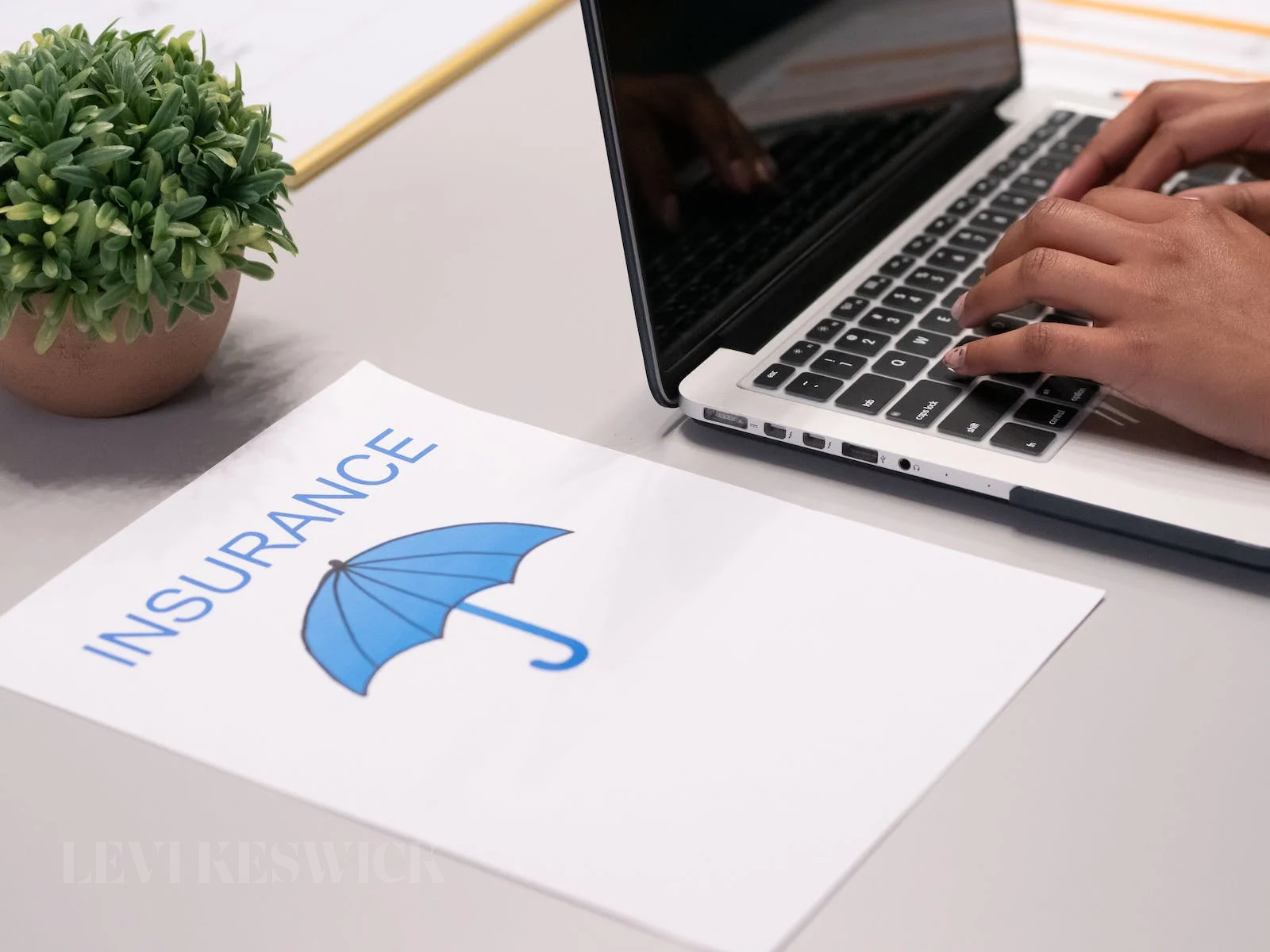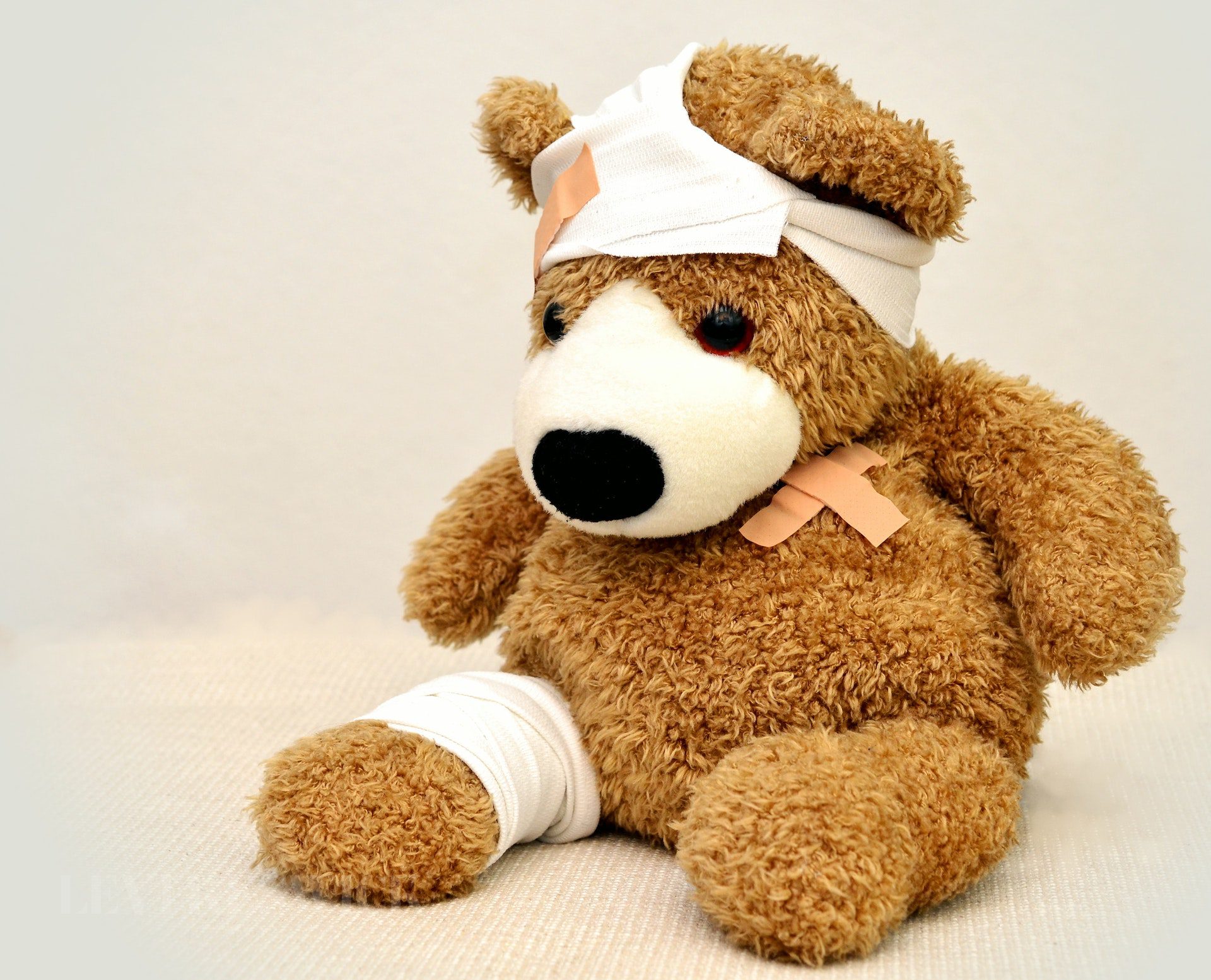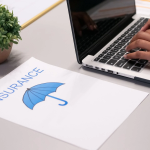Most people know that being involved in a car accident is a stressful experience. Between potential car damages and medical bills, legal implications can be the last thing on your mind. However, they are important exactly because of the potential damages and injuries you might experience. Understanding the legal side of things means that you can protect yourself and make sure you get the compensation you deserve. In this article, we will discuss some key legal considerations for car owners after being involved in a road accident.
1. Establishing Liability
After a car accident, one of the most important things to do is establish liability. As it’s explained in “What to Do After a Car Accident That Was Not Your Fault In California” – an article published by a law firm that specializes in these cases – some states have a fault-based system when it comes to situations like this. In fault states, the person who caused the accident is liable for damages suffered by the other drivers, passengers, and pedestrians involved in the accident. In other words, it is crucial to establish liability after a car accident because it determines who is responsible for the damages caused by the accident. If you can prove that the other driver was at fault, you can recover compensation for your damages from their insurance company. This includes both property damage and personal injury damages. However, even if you are not in a fault state, it is still important to establish liability. This is because the other driver’s insurance company may try to deny or minimize your claim by arguing that you were also at fault.
2. Informing Your Insurance Company
Another key consideration for car owners after being involved in a road accident is informing their insurance company. This is not only important because it allows your insurance company to start investigating the accident, but also because it may impact your policy. For example, whether you own a luxury car or a modest sedan, your insurance company is likely to increase your rates if you have been in an accident. In some cases, they may even cancel your policy. So, it’s important to contact them as soon as possible after the accident. Tying it with the previous point – letting them know that another driver is at fault will help in this process as your insurance company can start working on recovering damages from that driver’s insurance.
3. The Claims Process
Once you have notified your insurance company, they will likely start the claims process. This involves investigating the accident and trying to determine who is at fault. They will also work to get you the compensation you deserve for your damages. However, the claims process can be lengthy and oftentimes frustrating. It’s important to cooperate with your insurance company throughout this process, but also to be aware of your rights. For starters, you are not required to speak with the other driver’s insurance company. Furthermore, you are also not responsible for paying your medical bills upfront and can wait until your case is settled to receive compensation for them. The process itself has 3 key stages:
- Investigation: This is the process where your insurance company gathers evidence and determines who is at fault.
- Claim Submission: Once they have determined liability, your insurance company will submit a claim to the other driver’s insurance company.
- Resolution: This is when the two insurance companies come to an agreement on how much compensation your insurance company will receive.
4. Subrogation
Subrogation is a term often used in car accident cases. It refers to the situation where your insurance company pays for your damages and then tries to recover that money from the other driver’s insurance company. This is done through the process of subrogation, which is where your insurance company becomes a party to the lawsuit filed against the other driver. This is beneficial for you because it allows your insurance company to pursue damages on your behalf. However, it can also be frustrating because it can slow down the claims process. So, while it is important to cooperate with your insurance company, you should also be aware of your rights and keep in mind that they are looking out for their own interests as well.
5. Dealing With Uninsured Drivers
Unfortunately, not all drivers have insurance. This can be a major issue if you are involved in an accident with one of them. Not only are you left to deal with the damages caused by the accident, but you also have to worry about how you will pay for those damages. This is where uninsured motorist coverage comes in. Uninsured motorist coverage is a type of insurance that helps protect you in the event that you are involved in an accident with an uninsured driver. It pays for your damages, up to the limits of your policy. So, if you don’t have uninsured motorist coverage, it’s important to consider purchasing it. Of course, if you are already in this situation and you don’t have this type of insurance, there are still legal remedies available to you. You can file a lawsuit against the other driver in an effort to recover your damages. This is a more complicated and time-consuming process, but it is possible.
6. Filing A Lawsuit
If you are unable to reach an agreement with the other driver’s insurance company, or if their insurance company does not offer enough compensation, you may decide to file a lawsuit. This is a more complicated process and can be expensive – and it’s usually reserved for situations where the repercussions of the accident were so severe that they made a significant impact on your daily life, as well as in those cases where you can potentially get a large payout. However, it is an option that is available to you and it’s important to understand the process before you decide to move forward. You will likely need to hire an attorney to help you with your case. That way you can be sure that you are making the best decision for yourself and your family.

While being involved in a car accident can be incredibly stressful, it’s important to remember that you don’t have to go through it alone. There are legal considerations that you need to keep in mind, and there are resources available to help you through the process. If you are unable to reach an agreement with the other driver’s insurance company, or if their insurance company does not offer enough compensation, you may decide to file a lawsuit. This is a more complicated process – but it may be the best option for you. So, if you are involved in a car accident, don’t hesitate to reach out for help. There are many people who are willing and able to assist you.













